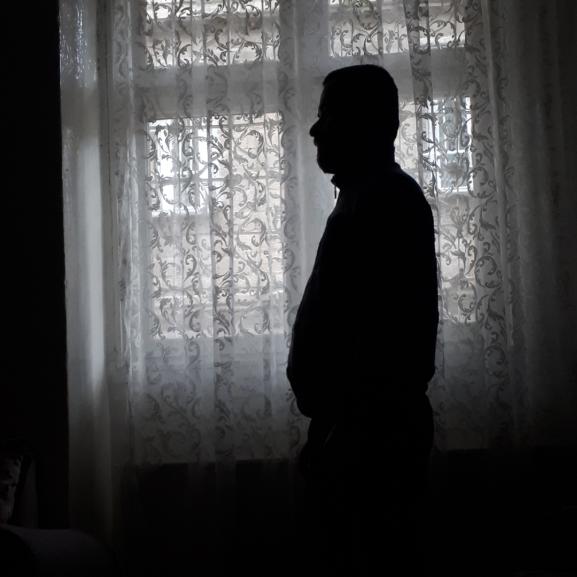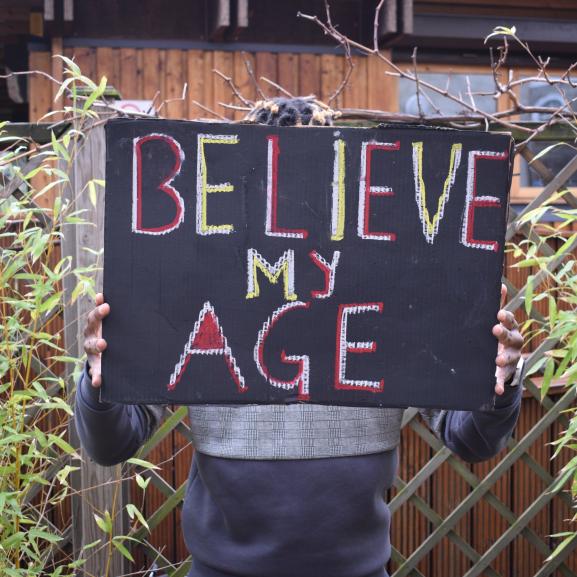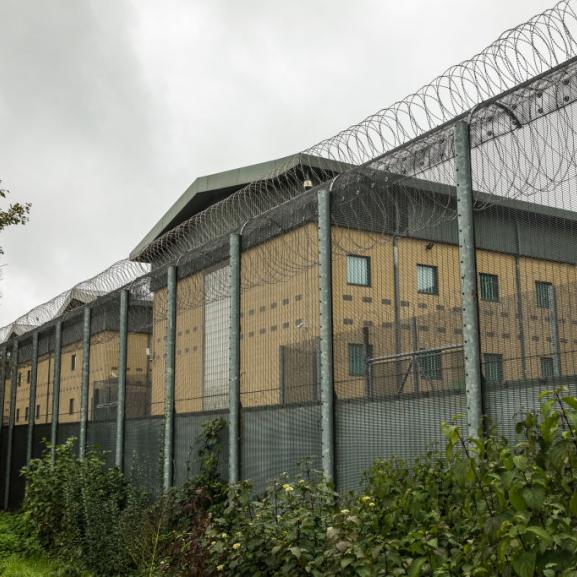New Safeguards Needed for Torture Survivors Unfairly Detained
New safeguards to identify asylum seekers who have been tortured are urgently needed if the Government is to avoid further costly compensation orders from the courts for denying those in detention "prompt medical attention", the Medical Foundation for the Care of Victims of Torture has warned
The MF'ss call follows a High Court ruling this week that two asylum seekers, one from Turkey and the other from the Ivory Coast, who were both torture survivors, were entitled to damages after being held in Oakington Detention Centre in Cambridge.
The Home Office says that it will only in "exceptional circumstances" detain asylum seekers who have been tortured. Accounts of torture by both appellants, however, who were detained as part of the Government'ss "fast track" asylum programme, were ignored, allowing no official consideration of whether or not their cases were "exceptional".
MF advocacy officer David Rhys Jones said today: "The Home Office should seek to establish from the outset whether an asylum seeker has been tortured. Those who have been should have access to independent doctors at the earliest opportunity in order to avoid detention. In the vast majority of such cases, detention is completely inappropriate."
The High Court heard that D, a woman from the Ivory Coast (neither appellant can be named for legal reasons) failed to volunteer details of her torture when screened initially by a junior Home Office official. On arrival at Oakington, she should have been assessed by a nurse within two hours. This did not happen. Nor was she seen by a doctor within 24 hours, as Home Office rules also stipulate.
When she was examined by a doctor after intervention by a representative of the Refugee Legal Centre (RLC), no interpreter was present so it was deemed that she was unable to give "informed consent" to her details being forwarded to the Home Office.
K, a Turkish Kurd, said at his initial Home Office screening that he had been tortured, but was merely asked if he was taking any medication. On replying in the negative, he was said to be fit for the fast track programme.
At Oakington there was no examination by a nurse within the mandatory two hours, nor by a doctor within 24 hours. Instead, it was the RLC that referred him to a doctor. When he was medically examined, an "allegation of torture" form was completed and sent to the Home Office, but it was not acted upon.
The MF says the following safeguards must be introduced:
- Initial Home Office screening of asylum applicants should include questions to elicit whether the applicant has been tortured
- Funding must be made available to ensure that the rule that asylum seekers arriving in detention are seen by a nurse or other health professional within two hours is enforced. Those providing health care in centres at present say they lack the resources to follow this procedure
- The rule that doctors in detention centres must see newly arrived inmates within twenty-four hours should be properly enforced
- Where necessary, interpreters must be present during medical examinations to ensure that asylum seekers can give "informed consent" to accounts of torture being forwarded to the Home Office
- The Home Office must introduce a proper system for assessing and acting on "allegations of torture" forms that they receive
"Detaining torture survivors is apt to trigger flashbacks and nightmares. They experience very real mental anguish at being locked up," said Mr Jones. "But the Home Office is reluctant to ask outright whether an asylum seeker has been tortured, presumably for fear of opening a flood gate of claims.
"However, this should not prevent them from asking open-ended questions to elicit relevant information about the likelihood of past torture. The failure to ask at all, or act on the information they are given, is likely to cost them dear in the future. The key is providing access to independent doctors. With a plan afoot to now decide fast track asylum claims within a month, we have been told that there will be no health screening before the clock starts ticking.
"Torture survivors may initially be reluctant or unable to describe what has happened to them. And there may well be a lack of physical evidence. If trained professionals are not called in early enough to try to establish the facts, you are going to get more poor asylum decision making which will lead to more cases being reopened."
Further information from Medical Foundation Press Office 0207 697 7792
May 24 2006





